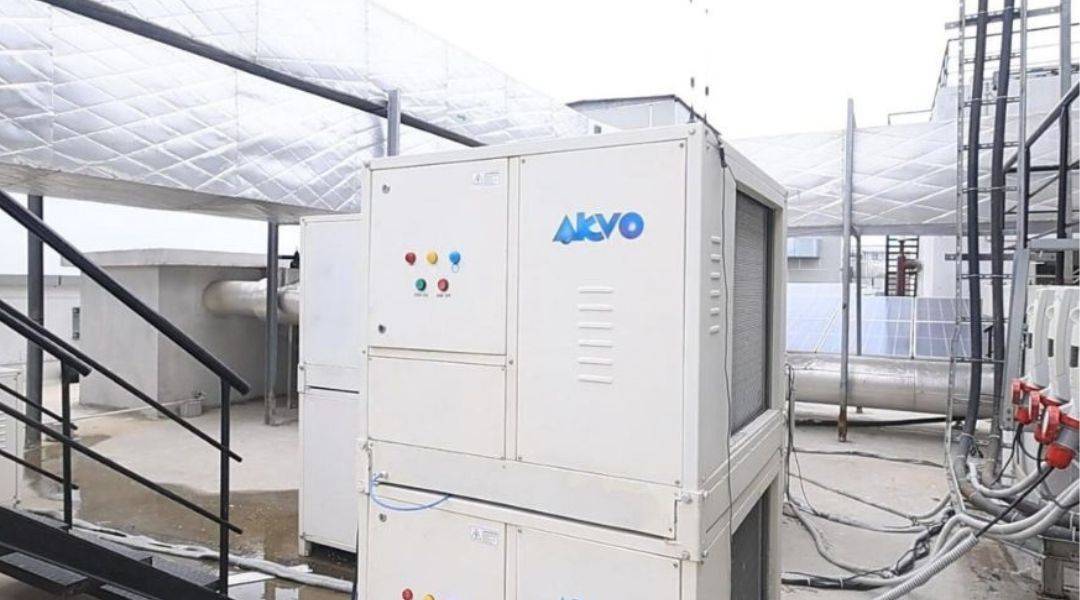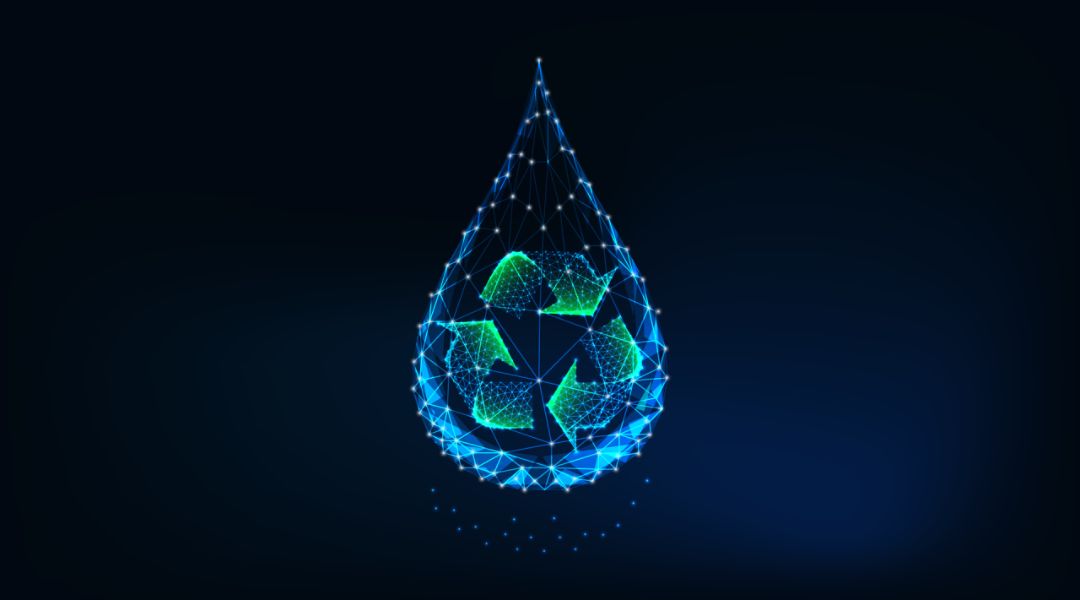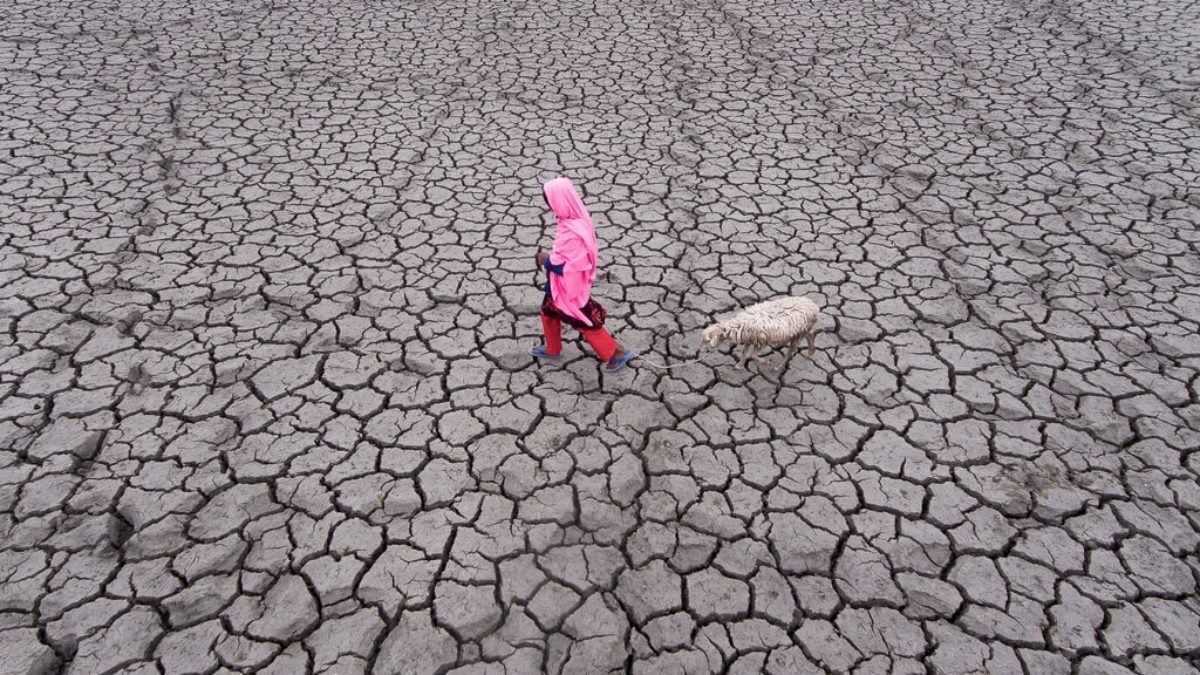How Akvo is Making Water Sustainable and Accessible
In an era where water scarcity is rapidly becoming one of the world’s most pressing environmental concerns, Kolkata-based Akvo Atmospheric Water Systems is offering a transformative solution. At the forefront of this innovation is Akvo’s new initiative — Water-on-Want (WoW) — which is reshaping the way businesses think about water access, sustainability, and cost-efficiency.
Rethinking the Water Supply Chain
Akvo’s WoW model is built on a simple yet powerful idea: access to clean drinking water shouldn’t require heavy capital investment. Traditionally, businesses have relied on expensive infrastructure or unsustainable bottled water solutions. Akvo’s solution changes that by turning water into a service — not a product.
“WoW was born from a simple question: Why must access to clean water be capital-intensive? Water becomes a service, not a product — transforming it from a logistical headache into a strategic sustainability win,” said Navkaran Singh Bagga, Founder and CEO of Akvo Atmospheric Water Systems.
Under an OPEX-based Build, Own, Operate, Transfer (BOOT) model, Akvo installs its atmospheric water generators (AWGs) on-site at client locations. The company maintains ownership and operation of the units, while clients are billed only for the volume of water they consume. This approach eliminates upfront costs, simplifies maintenance, and provides predictable, consumption-based pricing.
Adaptable Technology for a Diverse Climate
Currently deployed in water-stressed regions across Tamil Nadu, Karnataka, Maharashtra, and Gujarat, Akvo’s AWG units are engineered to function efficiently across a wide range of climatic conditions — from Chennai’s coastal humidity to Pune’s drier air.
“Our machines condense moisture from the air, filter and mineralise it, and deliver safe drinking water on demand. Thanks to IoT-enabled performance tracking, we ensure consistent output regardless of external climate conditions,” explained Navkaran Singh Bagga.
This adaptability allows Akvo to serve areas where municipal supply is unreliable and groundwater is rapidly depleting.
The Numbers Behind Sustainability
The environmental impact of Akvo’s model is significant. During an 18-month pilot, clients reported up to a 95% reduction in plastic water jar usage, which translates to eliminating over 200,000 litres of transported water per month. A Bengaluru IT park cut carbon emissions by 4.5 tonnes annually, while a Mumbai hotel reduced water procurement costs by 22% and earned green building credits.
“Each 500-litre-per-day unit can save nearly 365,000 plastic bottles annually. That’s the kind of impact that scales when businesses adopt water as a sustainable service rather than a commodity,” said Navkaran Singh Bagga.
A Win-Win for Business and the Planet
Akvo’s AWG units are compact — requiring just one square metre of space — and operate at just 0.26 kWh per litre under optimal conditions. With pricing as low as ₹1.25 per litre, the systems are already serving sectors like IT parks, hotels, and manufacturing hubs.
“By producing water locally, we eliminate transportation emissions, avoid municipal tariffs, and help businesses meet ESG targets without increasing costs,” added Navkaran Singh Bagga.
Akvo has now expanded into 15 countries, including Qatar and Dubai, generating over 100 million litres of clean water globally. The company is now focusing on fully solar-powered AWGs and mobile container units to serve remote locations and disaster zones.
Bridging Innovation and Accessibility
Despite the advanced technology, Akvo’s mission is rooted in making sustainability accessible. “WoW isn’t just an ESG move — it’s a practical hedge against water volatility. Sustainability is no longer a choice — it’s a license to operate. If you can save money, reduce plastic waste, and secure your water supply—all without capex — why wouldn’t you?” said Navkaran Singh Bagga.
For Akvo, the goal goes beyond business. It’s about changing how we think about water — not just as a resource, but as a sustainable service.
“We don’t want sustainability to be a buzzword or a checkbox. It should be as simple as turning on a tap — and knowing you’re doing right by the planet,” concluded Navkaran Singh Bagga.
To read the full article, please visit here.





